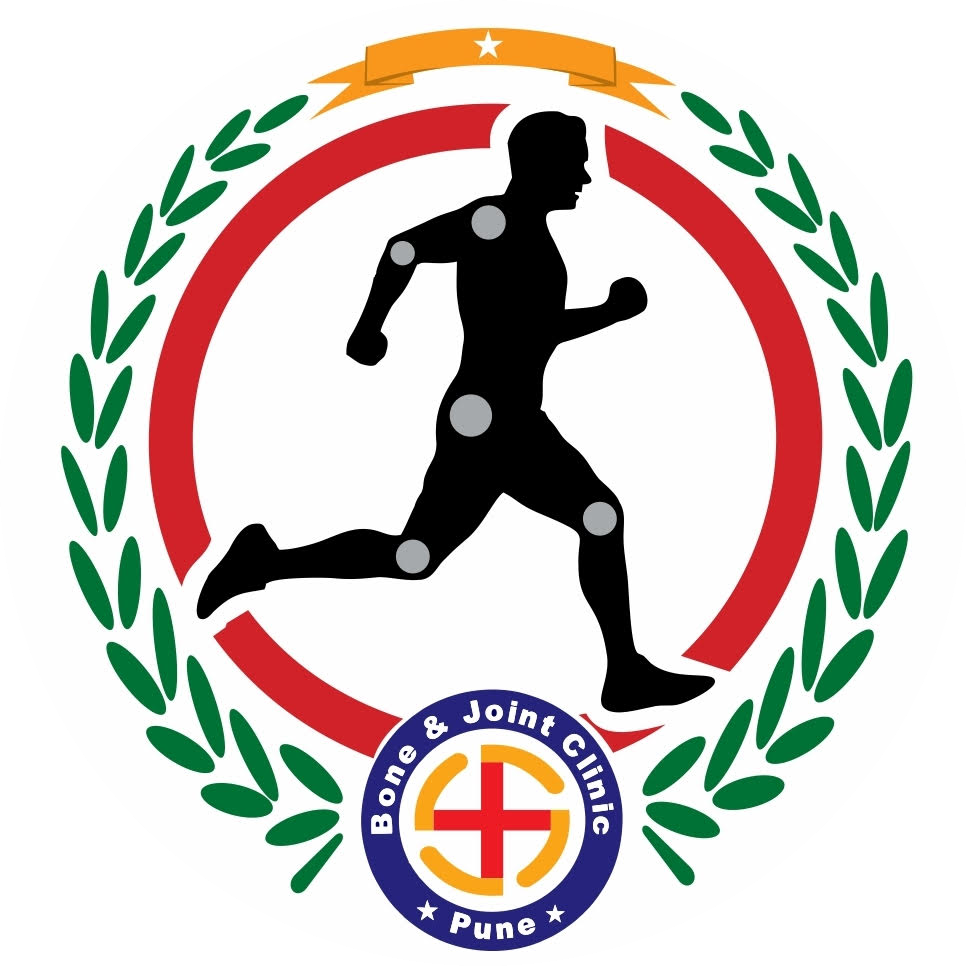
Menu

An orthopedic doctor is a medical professional who specializes in diagnosing and treating conditions related to the musculoskeletal system, including bones, joints, muscles, and ligaments. They diagnose and treat conditions like arthritis, fractures, osteoporosis, and more.
An orthopedic doctor can treat a wide range of conditions, including sports injuries, degenerative diseases, infections, tumors, and congenital disorders of the bones and joints. Some of the most common conditions they treat are osteoarthritis, rotator cuff tears, herniated disks, and ACL tears.
The process of an orthopedic consultation typically involves a thorough medical history, physical examination, and diagnostic tests. The doctor may also order X-rays, MRI scans, or other imaging studies to help diagnose the condition. After a diagnosis is made, the doctor will create a personalized treatment plan for the patient.
The type of treatment recommended for an orthopedic condition will depend on the specific condition and the severity of symptoms. Some of the most common treatments include physical therapy, non-surgical treatments like braces and orthotics, and surgery.
The recovery time after an orthopedic surgery will vary depending on the type of surgery and the individual patient. Most patients can expect to return to normal activities within 4-6 weeks, although the exact timeline will depend on the procedure and individual healing.
Yes, orthopedic doctors can treat patients of all ages, including children and the elderly. They are trained to diagnose and treat conditions that affect the musculoskeletal system in these populations.
If you are experiencing persistent pain or discomfort in your bones, joints, muscles, or ligaments, you may need to see an orthopedic doctor. It’s also a good idea to seek medical attention if you have suffered a recent injury to these areas or if you are experiencing limited mobility.
In most cases, you can see an orthopedic doctor without a referral from your primary care physician. However, it’s always best to check with your insurance provider to confirm their requirements.
It’s important to bring your medical history and any relevant medical records to your first appointment with an orthopedic doctor. This information can help the doctor get a better understanding of your health history and make an accurate diagnosis.
Yes, it’s always a good idea to get a second opinion if you are not sure about your diagnosis or treatment plan. It’s important to choose a doctor who is knowledgeable, experienced, and trustworthy to ensure that you receive the best care possible.
Welcome to Swastik Bone & Joint Clinic is an Orthopedic Speciality Clinic with facilities like Orthopedic consultation, Digital Xray and Physiotherapy unit under one roof. The expert team of Orthopedic Surgeon, Physiotherapist and in house Digital Xray facility provides complete out-petient care.
Time: 11 AM - 1 PM, 6 PM - 9 PM
Business Enquiries Only
Turning Point II ,Viman Nagar, Pune
Monday, Wednesday, Thursday & Saturday
Time: 11 AM - 1 PM, 6 PM - 9 PM
Business Enquiries Only
Turning Point II ,Viman Nagar, Pune